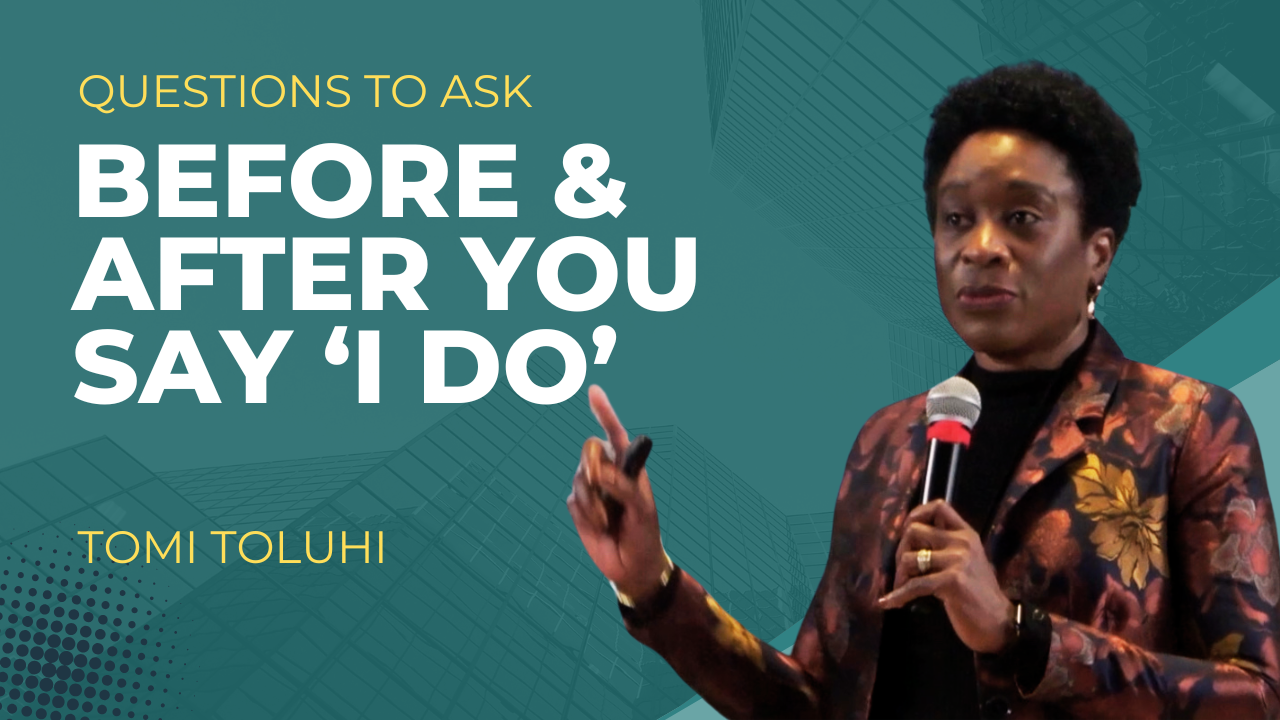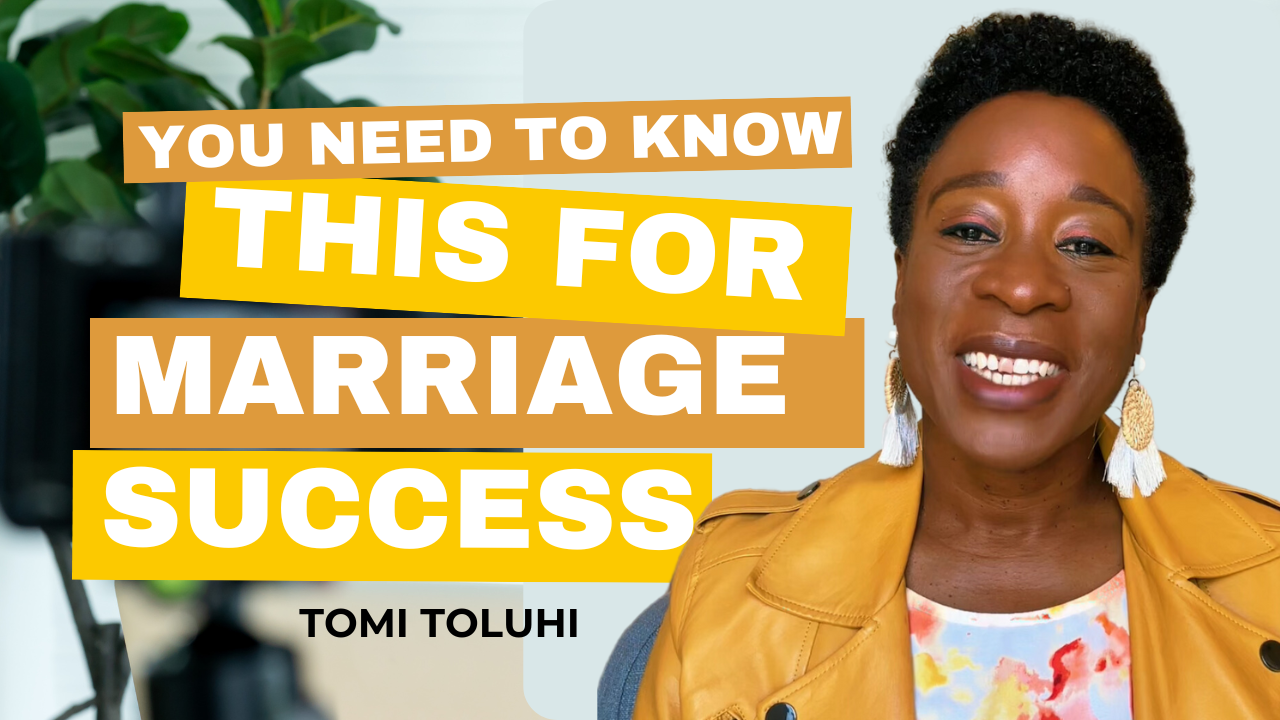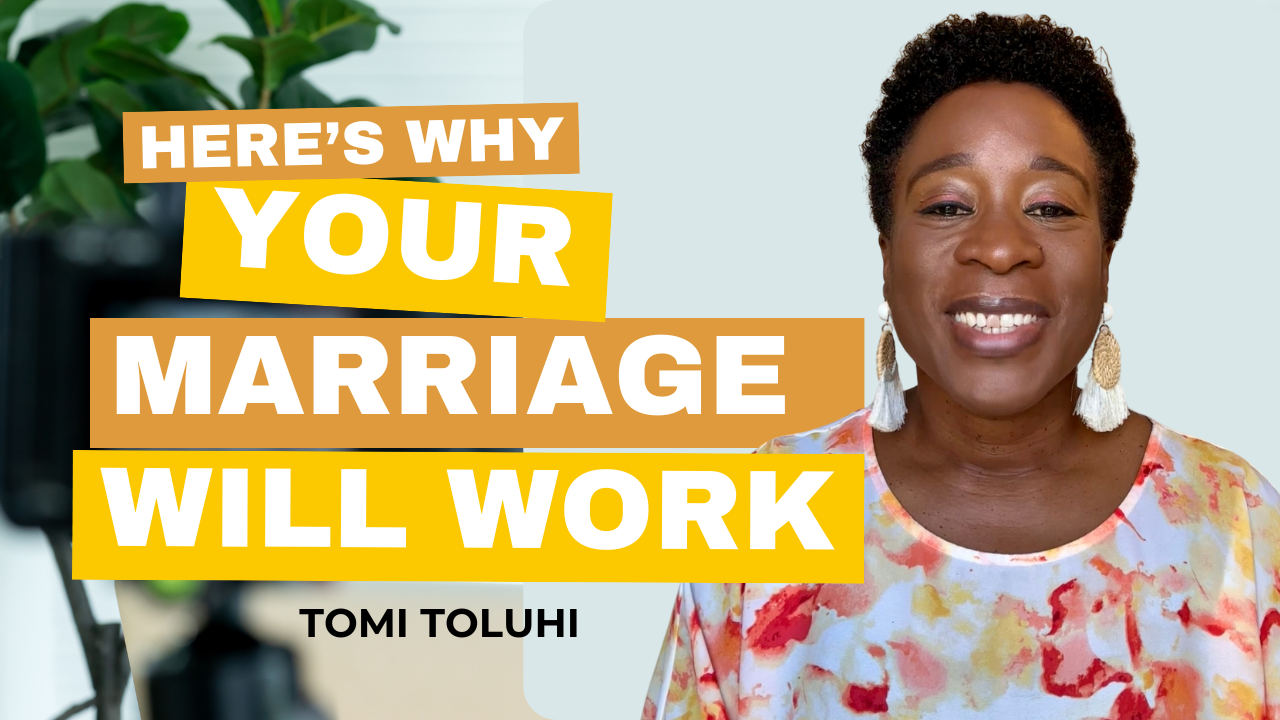Raising future-proof children

Our world has changed; our parenting must change too. Our children face challenges that we could never have dreamed up in our wildest imaginations when we were growing up. In order for them to thrive in their fast-paced, technology-driven world, the strongest anchor we can impart to our children is a set of strong values firmly rooted in God’s Word. However, as timeless as those values are, we need to rethink our strategy for passing them on to our children. We cannot expect to prepare them for tomorrow’s world with yesterday’s techniques. The world is changing at such a rapid pace that it is difficult to imagine what twenty years in the future will look like. Rapid and profound technological change inevitably leads to equally profound social and cultural change. Will your children be ready for their world when they leave your home?
Our call to action is to be forward thinking in our approach to raising our children mindful that we are preparing them to be stable, responsible adults in a world that will be infinitely more complex and dynamic than the one we are currently in. God is unequivocal about the responsibility that faces us as parents. Malachi 2:25 lays down the challenge; ‘God made husbands and wives to become one body and one spirit for His purpose — so they would have children who are true to God.’ Even if you have found yourself in a situation where you are parenting alone, that responsibility does not diminish. Here are twelve things you can do to raise children who are future-ready.
1. Leverage the power of technology
If you have young children, you have no excuse not to understand technology. The power of technology, the online world and social media has a stronger impact on your children than you could ever imagine. The walls between your family and the outside world have been blurred by new technology. There was a time when you could easily monitor what your children were watching on TV and listening to on the radio. Now the situation is so much more complex. The world is available to your children at the touch of a button if they have a mobile phone. This week, a BBC survey of more than 2,000 five to 16-year-olds revealed that time spent online has overtaken TV among youngsters for the first time ever. The solution is not to take technology away from them, but to shape the way it affects them. Technology is great when used properly and it is the way of the future. Children who are not tech-savvy will find themselves at a significant disadvantage relative to their peers when they enter the world of work. You must understand the benefits and dangers of technology to be able to articulate them to your children. We don’t ban cars because they cause accidents, we teach people to be safe drivers. Share safe online practices with your children; introduce them to websites with godly content; make sure they have ready access to uplifting music even if the beat is not to your taste! Above all, let them know what kind of content does not glorify God and why. That way you equip them to be able to make responsible choices in your absence.
2. Show, don’t just tell
Children learn better by example than by precept. You are not just called to be a teacher to your children but also to be a mentor. The power of mentoring is in demonstrated behaviour. If you want to teach your children to pray, let them come alongside you and watch you pray. Let them be witnesses to your relationship with God. Bring them alongside you and show them the principles of prayer. Faith is contagious. Whoever coined the phrase, ‘Faith is caught, not taught’
knew what they were talking about. The Apostle Paul referenced this contagious faith in 1 Timothy 1:5 in an intimate letter he wrote to his protégé Timothy, ‘I am reminded of your sincere faith, which first lived in your grandmother Lois and in your mother Eunice and, I am persuaded, now lives in you also.’
Faith is transferable, but only through a deliberate process of impartation by both precept and example.
3. Help them develop a personal walk with God
By all means share your faith with your children but help them to develop theirs. By the time your children leave home, they should be fully equipped with a living, breathing relationship with God. They should have their own routine for personal Bible study and prayer, they should have their own record of answered prayers and personal miracles, and they should know what they believe and why. For some years I struggled with the fact that my children were seemingly uninterested in the messages and books of the pivotal ministers who impacted my husband’s life and mine as we grew up. Now I have discovered the secret of pointing them in the direction of contemporary ministries that speak in a language they can understand and identify with. Our children’s walk with God now has a personal flavour to it. They have their own favourite ministries, they know how to find wholesome teaching for their own spiritual growth and, very importantly, when they have questions or hear something controversial, they know that they can speak up and question their Dad or me about those issues.
4. Don’t just give rules, give reasons
Life is cause and effect. Our children need to be able to make that link. ‘Because I said so…’
is no longer a good enough reason for your children to obey you. Whenever God lays down instructions, He explains the reasons why and outlines the consequences of disobedience. To be successful at parenting we need to follow His example. Explain to your children why you expect them to obey certain rules, show them that boundaries are for their protection and make clear the consequences of not listening to you. When children have clear reasons, they are in a better position to withstand temptation and negative peer pressure. They understand why they do what they do and that gives them staying power.
5. Give them a voice
My generation was taught to accept authority without question. That worked for the world I grew up in, but it does not necessarily work in the 21 st
Century. If you teach your children that their voice does not matter, they will go out into the world with very little confidence. Our children must learn to stand up for what they believe in in a world of relativity where there are no longer any absolutes. If we don’t give them a voice at home, they will struggle to find their voice when they go out into the world. Consciously seek your children’s opinions, even when you think you have all the right answers. That way you are communicating to them that their opinions matter in this world; that society is not always right – and in fact very often wrong. Isaiah 7:9 declares, ‘If you do not stand firm in your faith, you will not stand at all.’
Raise them to be comfortable standing alone with their convictions because they will often have to do that in the world they will face.
6. Give them the benefit of your wisdom
Let your children learn from your mistakes. Don’t pretend you’re perfect. Children respond to authenticity. Today’s children do not buy the myth of infallible parents. They can deal with heroes with faults and scars, as long as you’re honest. Your past mistakes which you would prefer to hide are the very reason you are qualified to impart wisdom to your children. There is no point in reinventing the wheel. Your children can rise higher than you ever did on the back of your experience; share it with them. When the next generation benefits from your mistakes, they cease to be costly mistakes and become valuable experience. Open up to your children and help them see what you have learnt on your life’s journey. Seize teachable moments when situations arise and share your wisdom with your children, whether in the area of faith, finances or relationships. They will respect you for it and they will be in a better position to make wiser decisions.











